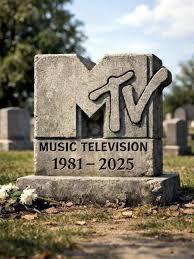Slate asks: How can you help students cope with getting college rejection letters?
The answer to this one is fairly simple, I think:
- Remind them of how many young people can’t afford to attend a college of any kind.
- Show them the statistics on the enormous number of young people growing up in impoverished, crime-riddled neighborhoods, living in foster care, or sleeping on the streets.
- Introduce them to a high school graduate who can’t attend college because he or she is caring for a for a sick, disabled, or dying parent.
- Bring them to a military recruiter’s office and introduce them to young men and women who are joining the military after high school in hopes of making college more affordable when their commitment to the armed forces is complete.
- Take them on a road trip through the inner city of Detroit or Baltimore or Chicago. Show them what it’s like not to have any options.
- Turn on the nightly news and show them what it’s like to be living in Syria.
- Remind them of how lucky they are to have the opportunity to attend any college. Yes, perhaps it won’t be at their first or second or even third choice of school, but they’re going to college, damn it. They have opportunities that so many young people in the United States and around the world could only dream of having. It’s time to find gratitude and appreciation for their position in life. It’s time for a little perspective, damn it.
- Explain to them the meaning of the phrase “first world problem.”
I hated this question. You might have noticed.
I actually liked the answer offered by Bruce Epstein, technologist and college counselor. He didn’t sugar-coat a thing. His response may have been more reasonable and measured than my own.
But as a person who didn’t have the option to attend college after high school – who made it to college four years later after getting himself off the streets and only then by working more than 50 hours a week while attending college full time – I find the plight of the rejection letter a little pathetic. The cry of the privileged who fail to appreciate their good fortune.
There’s nothing wrong with being disappointed by a rejection letter. Frustration, sadness, or even anger are all understandable.
But when your child reaches the point that he or she requires coping strategies, I think a healthy dose of perspective is in order.
Or perhaps Bruce Epstein’s advice, if you want something less caustic.









